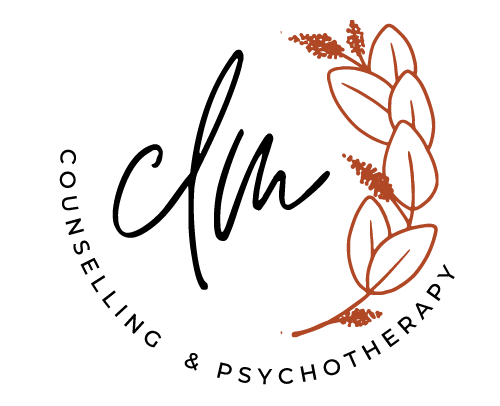It’s a question all of us have asked at least once: was I crazy, or maybe just bbw in my area crave?
A recently available worldwide research published inside the diary of Sexual drug hopes to respond to that question by mapping out really love and desire inside the brain. “nobody has actually ever before put these together observe the designs of activation,” states Jim Pfaus, co-author of study. “We failed to know what to expect – the two could have was completely different. As it happens that really love and desire trigger specific but relevant locations in head.”
Pfaus, in addition to peers in the United States and Switzerland, examined 20 different researches that analyzed the effects of sex and love on your body. The study taped mind task while topics were involved with jobs like seeing sexual photos, looking at images regarding considerable other individuals, and seeing pictures of as well as additional enjoyment triggers. By blending the data from all of these scientific studies, Pfaus with his group had the ability to generate a complete map of really love and need in the head.
They found that two structures on the head – the insula while the striatum – are mainly responsible for the evolution of sexual interest into love. Love and libido activate different aspects of the striatum, that’s situated inside forebrain. Lust causes the areas of the mind that control pleasurable feelings, like those related to gender and food, while really love causes the components of the mind connected with behaviors.
Interestingly, areas of the striatum that process love and need are near to the area that is connected with medicine dependency. “We designate various language to love and sexual interest and dependency,” clarifies Pfaus. “yet, they’re all becoming refined in a comparable place. As soon as we see this,” he goes on, “the thought of love at first view most likely isn’t genuine. Folks are feeling need.”
In reality, love is in fact a practice formed from sexual desire, due to the fact desire is rewarded. “it really works the same exact way into the head as when people come to be dependent on medications,” Pfaus includes. The change that transforms want into really love may be the bonding process in connections, the apparatus that’s tangled up in monogamy and also in link in a number of some other connections.
“This research speaks to development,” says Pfaus. “and it also could help realize addiction, love alongside social neuroscience study.”
